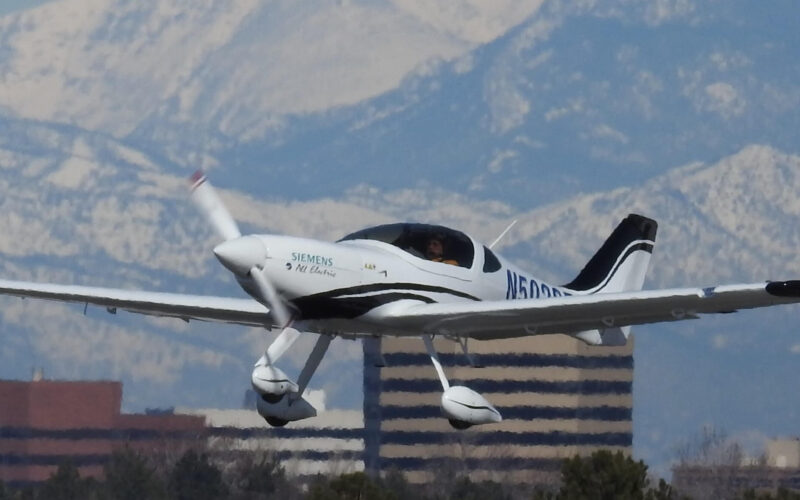In April 2019, OSM Aviation hit the news with the announcement of their transition to a fully electric fleet for training. Espen Høiby, CEO of OSM Aviation, gave AeroTime an in-depth explanation of the reasons behind this choice, and his vision for the future of electric aviation.
You placed a historical order for 60 electrical planes. What motivated this transition: Was it operational costs? Or was it policy driven?
We see that the next generation of employees in the aviation industry will be working more and more towards solving environmental issues. And we cannot deny the fact that training cost on electrical planes is lower too. The operational costs make up one-fifth of all costs on conventional aircraft. Yes, it is much better for the environment, which enthuses more people into the industry; in the meantime, it will guarantee lower costs for the training company, which will give youngsters more opportunities to enter the aviation market.
Out of the different solutions currently being developed, what made you pick Bye Aviation?
There are several players that have entered the world of electric aircraft lately. We estimated that Bye Aviation was at the vanguard. They have a very experienced team and we are confident that the certification will give results.
What could scare a company such as yours to go all electric? Are they any risk related?
There are no risks related to operations of the aircraft in itself. As for training, the experience acquired on an electric aircraft is strictly the same as on a conventional plane, thus allowing a seamless transition to turboprop and jet aircraft.
Norway wants to see domestic flights being fully operated by electric aircraft by 2040. Do you think it is a realistic or symbolic goal? Do you think policy should drive the transition or should it be left to manufacturers and their customers?
I am not convinced that political involvement is needed to drive this transition. When companies will see the advantages, mainly on operational costs, they will transition to stay competitive.
In Sweden, a new phenomenon called “flygskam” is spreading, where people express their “shame of flying”. Do you consider such sentiment as a threat to the aviation market, especially in Scandinavia?
No, I do not think it is. Even if people are concerned, they will continue to enjoy traveling. Eventually, hybrid and electrical aircraft will address their concerns.
OSM Aviation is a Norwegian company specialized in the employment, training, and administration of cabin crew and pilots worldwide

